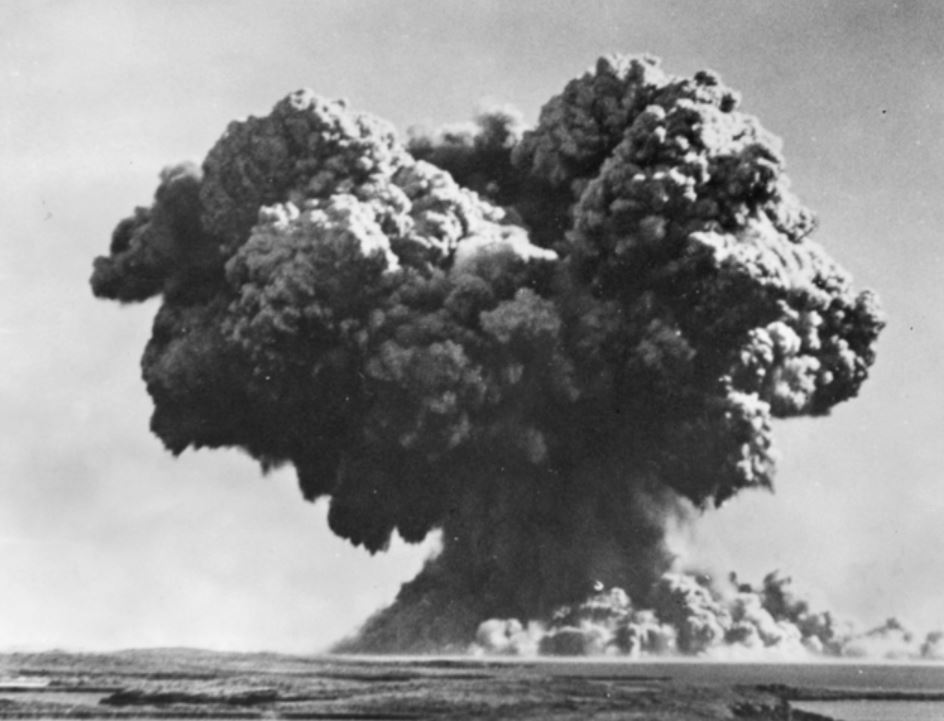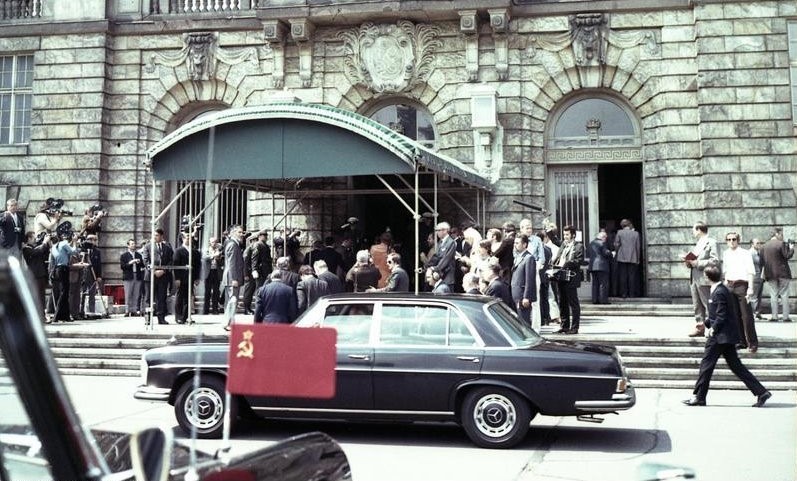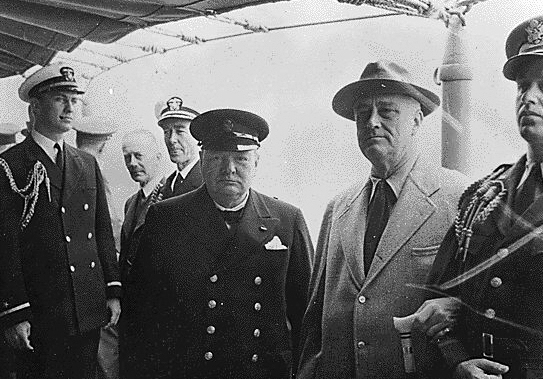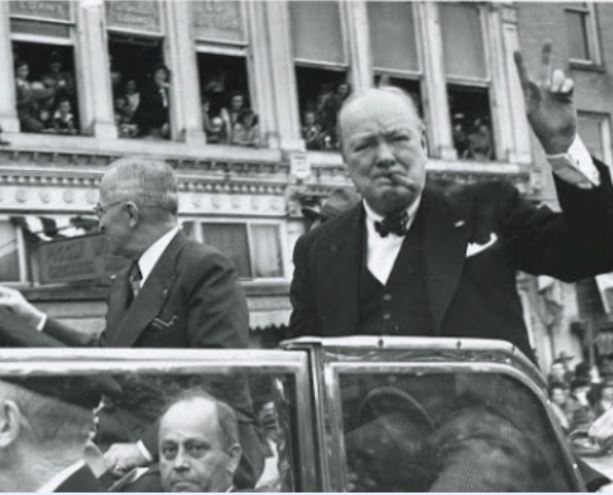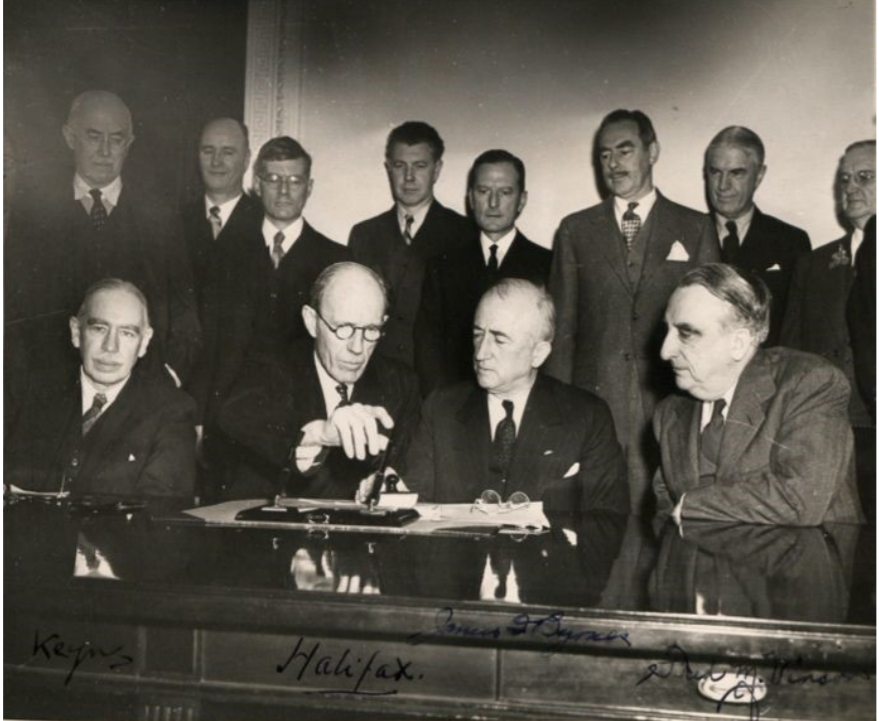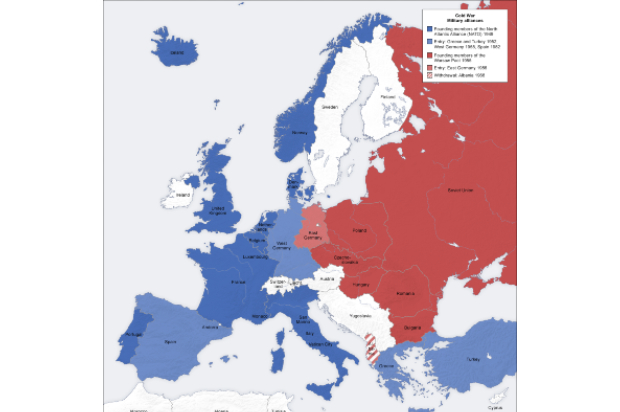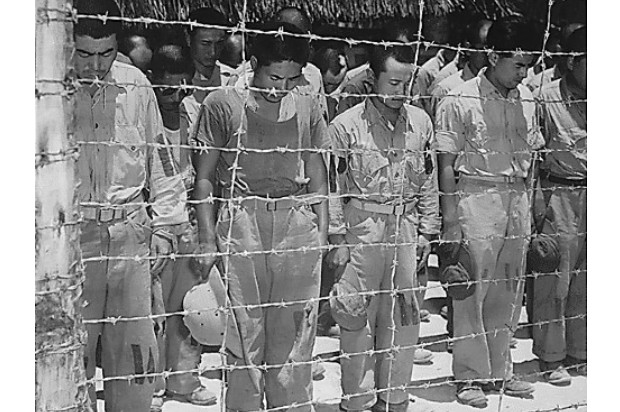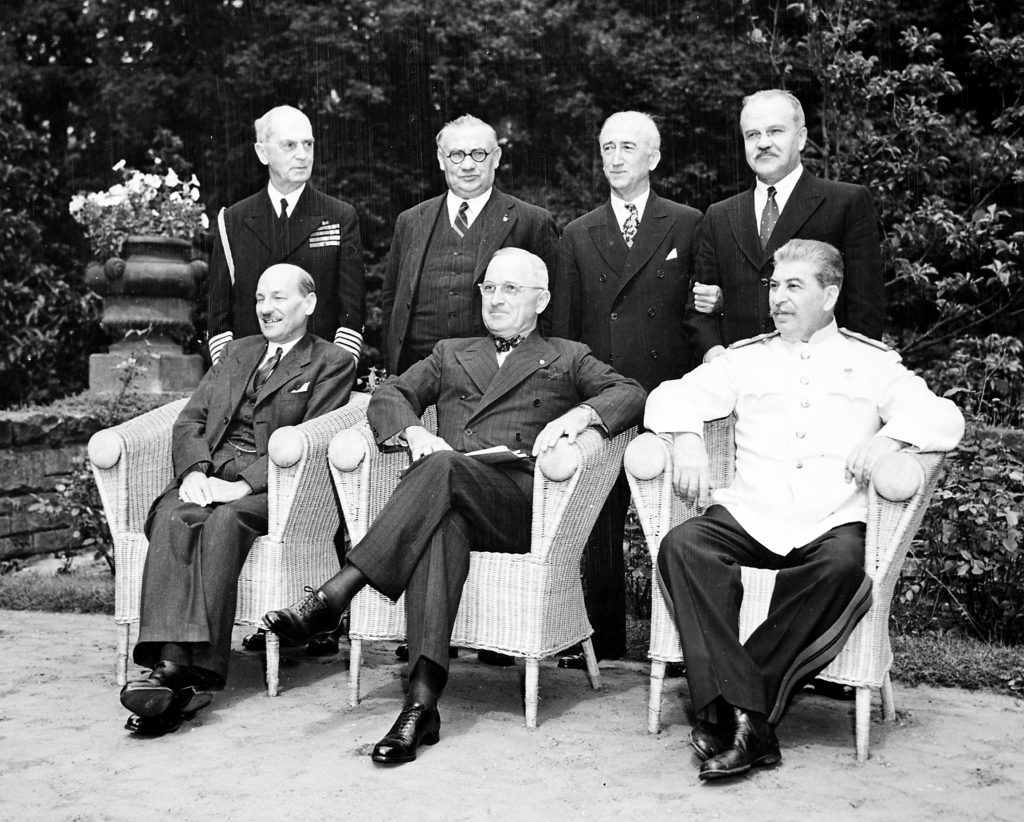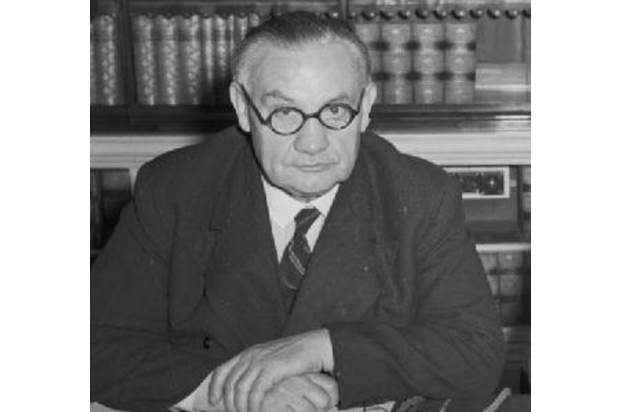Foreign Office Historians
We’ve got to have this thing over here, whatever it costs. We’ve got to have the bloody Union Jack on top of it. “This thing” as British Foreign Secretary Ernest Bevin put it, was the Atomic Bomb. Bevin was quoted …
The most that we can say is that we have made the best of a bad bargain, not that we have got a fair deal (Prime Minister Edward Heath, 1 September 1971) Fifty years ago, Ambassadors representing the 4 Occupying …
The principles set out in the Atlantic Charter eighty years ago remain key to the global vision shared by the UK and US. But its terms also contained the roots of international tensions that persist today: for example in relation …
Sixty years ago simmering Cold-War tensions were dramatically brought to a head in Berlin. A new volume of documents from the FCDO Historians tells how Britain responded to the crisis brought about by the construction of the Berlin Wall. In the …
Now, at this sad and breathless moment, we are plunged in the hunger and distress which are the aftermath of our stupendous struggle. Though no longer Prime Minister, Winston Churchill’s speech at Fulton on 5 March 1946 packed a formidable …
The American Congress and the American people have never accepted any literal principle of equal sacrifice, financial or otherwise, between all the allied participants. Indeed, have we ourselves? Lord Keynes, defending the Agreement in the House of Lords, 18 December …
To mark the signing of the Helsinki Final Act, 45 years ago this month, FCO Historians look back to where it all began – the CSCE preparatory talks.
VJ Day brought the Second World War to an end, but also brought many challenges for the future, for the victors as well as the defeated.
On 17 July 1945 the last of the great tripartite wartime conferences between the US, the UK and Russia opened at Potsdam, near Berlin. All the major issues facing the postwar world were discussed there.
The outbreak of the Korean War on 25 June 1950 caught Western governments by surprise, despite warning signs. Western strategists had assumed that North Korea was a Soviet puppet, and that no one wanted a war.
